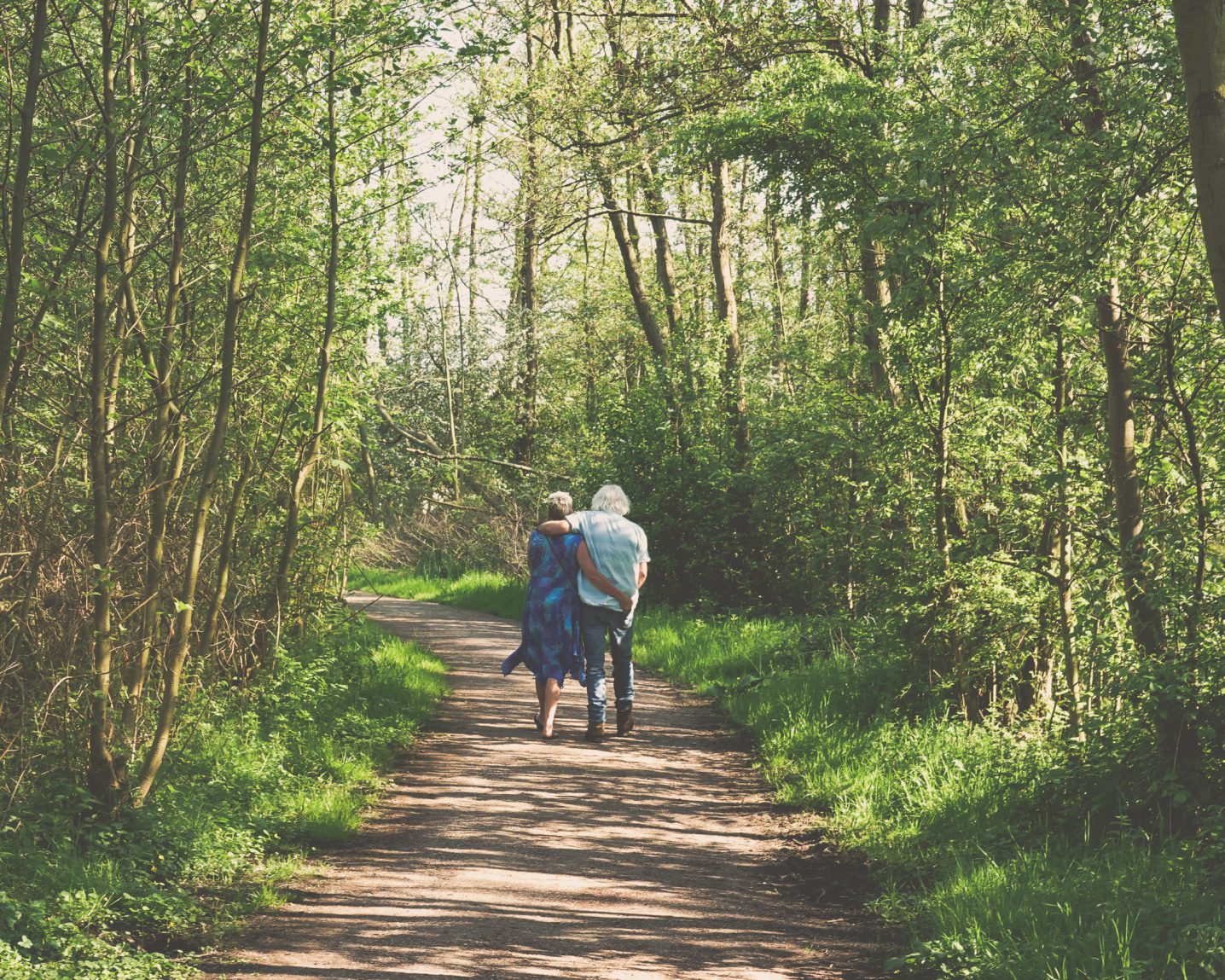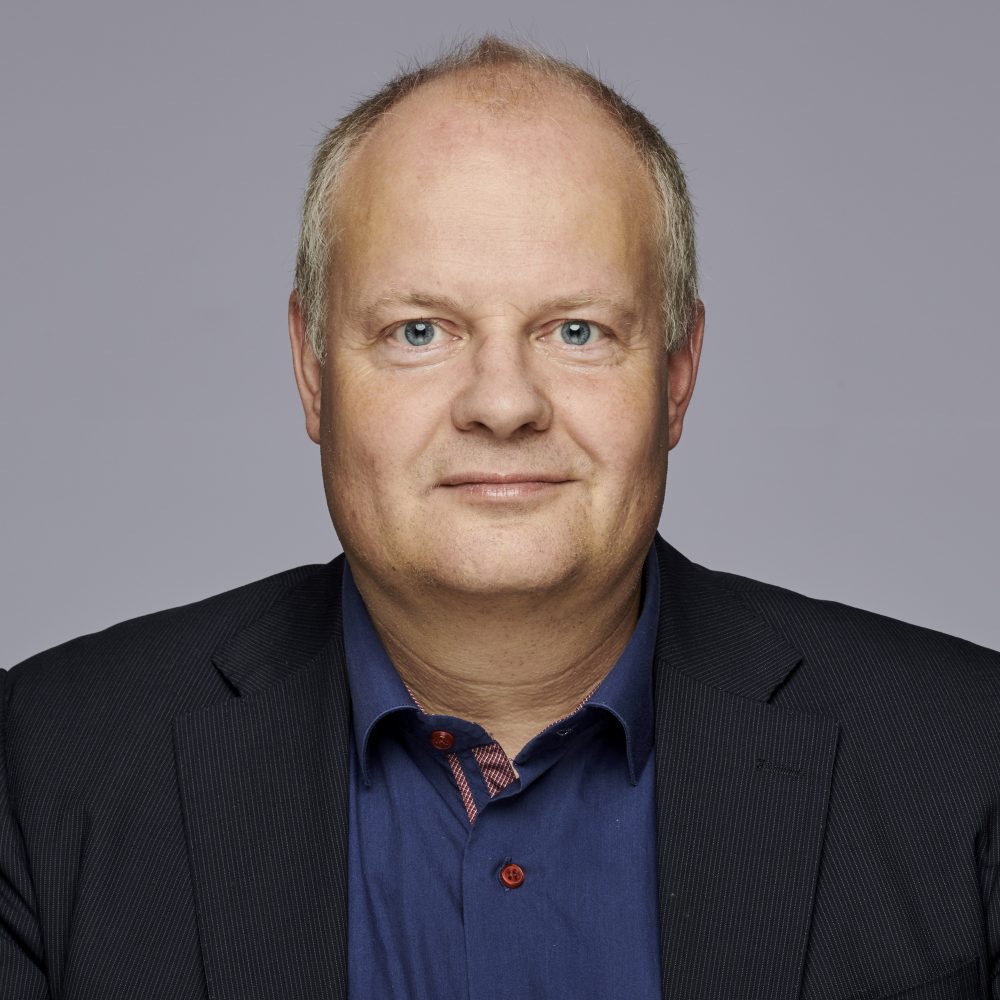Nature-inclusive investment agenda: this is how we get going
In November, the Nature Inclusive Agenda 2.0 was presented to Minister Van der Wal. This lists actions to improve Dutch nature outside nature reserves. Today, the accompanying investment agenda was presented, written by Rebel and the Nature Doublers. It focuses on the investment perspective: how to get structural investments in nature inclusivity up and running and what transition is needed to achieve this? How do we ensure that nature-inclusive thinking becomes automatic and what resources are needed for this? And what are the start-up costs involved?

The challenge
Central to the investment agenda is the fact that nature provides (much more than) money. But costs come before benefits and the benefits are not always known. At the same time, there are misconceptions about the costs of nature. Of course, construction and management require resources, but the extent of these can be understood. Lack of validated understanding of both the costs and benefits of a nature-inclusive Netherlands means investments lag behind.
The approach
To increase investment readiness, a number of things are needed. For instance, insights into costs and benefits need to be validated. In addition, it is important that the government makes its course clear. If nature ultimately does not count in regulations and investment decisions, the vast majority of society will not commit to a nature-inclusive society either. In doing so, money flows with a negative impact on nature values should be stopped. Parallel to fossil subsidies, there are also large public and private financial flows that are detrimental to nature. Identify these and phase them out. At the same time, large investments are being made in which nature can participate without major cost increases. Think of water storage in natural areas instead of raising dykes or linking nature with the renovation of infrastructure. Finally, it is important to start now; waiting is costly. Nature restoration is much more expensive than prevention, as pollution by nitrogen, heavy metals and PFAS shows.
The investment agenda also makes recommendations for specific domains. What needs to be done in the built environment to become nature-inclusive? Or in agriculture?
In the built environment, a challenge is that a green environment provides value for residents and property owners, but this value does not translate into property prices. By perpetuating research into this relationship and implementing it in valuation and financing practices, investments in nature-inclusive construction can actually be made.
In agriculture, nature management is not part of farmers’ earning power. Then farmers should also not be expected to become Dutch nature managers. A system where farmers get paid for the services resulting from nature management could change this. It has been talked about for longer, but implementation of the system is lacking. Accelerated implementation is needed for a nature-inclusive agricultural sector.
Impact
The investment agenda exposes what is needed to trigger structural investments in nature and how to make the transition. With this, we can set to work in the coming years to make the whole of the Netherlands nature-inclusive.

